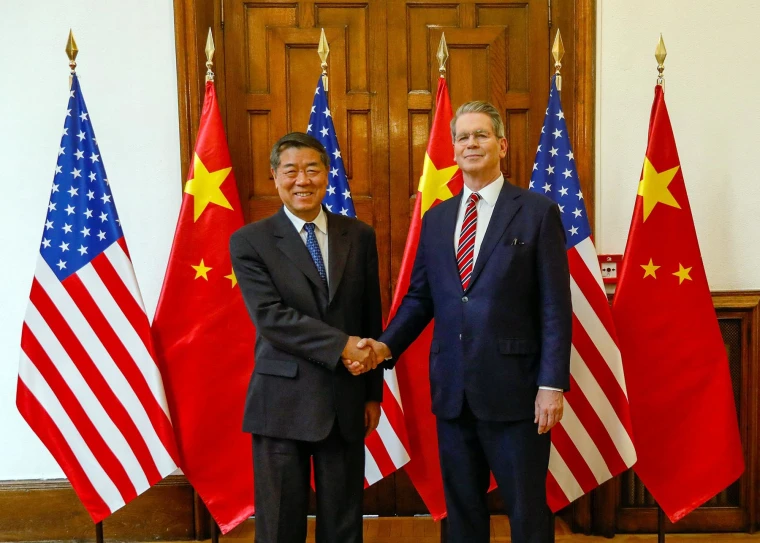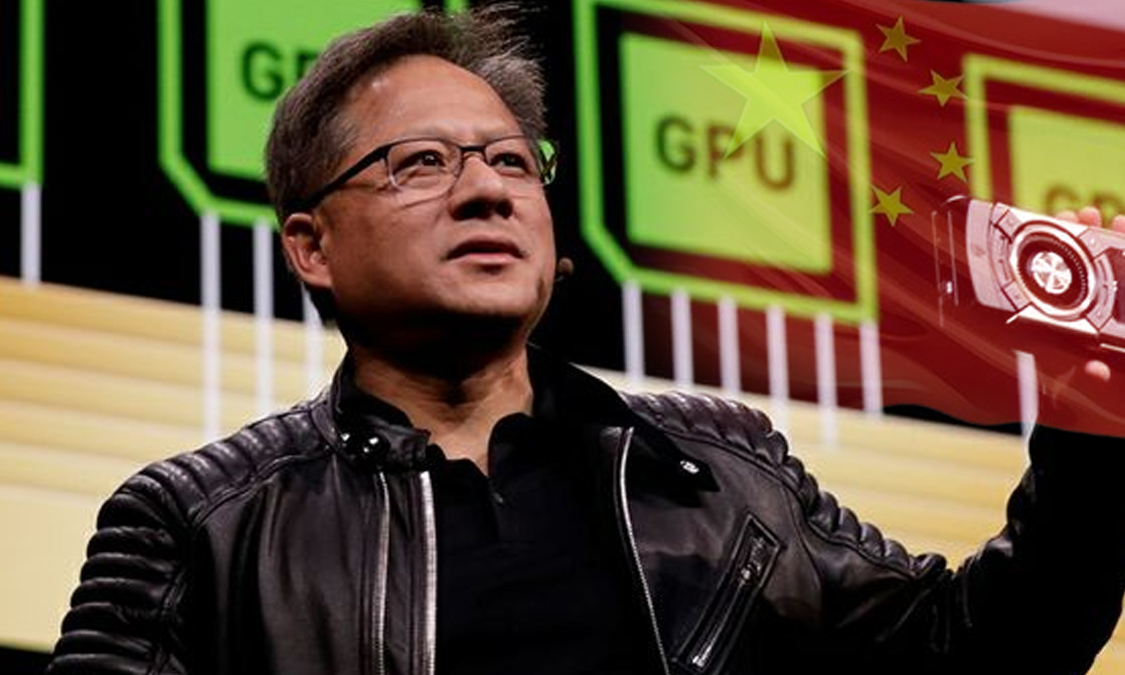The ongoing saga of TikTok’s ownership has taken another dramatic turn. After years of negotiations, political debates, and security concerns, the United States announced a framework agreement with China on TikTok ownership. This development is not only a milestone in the digital age but also a reflection of the complicated relationship between the world’s two largest economies.
- A Story That Began With a Viral App
- What the Framework Agreement Means
- Why TikTok Became a National Security Issue
- The Business Stakes
- Voices from Both Sides
- The Geopolitical Dimension
- Impact on TikTok Users
- How Other Countries Are Watching
- Expert Analysis
- Challenges Ahead
- FAQs
- What is the TikTok ownership framework agreement between the US and China?
- Will TikTok be banned in the US?
- Does ByteDance still own TikTok?
- How does this affect TikTok users in the US?
- Why is TikTok considered a national security risk?
- Could this agreement influence other countries?
- Conclusion
For millions of TikTok users, this might just sound like another political story. But beneath the headlines lies a much larger narrative — one that involves data privacy, global business strategy, national security concerns, and the future of social media.
This article dives deep into the issue, covering its history, the details of the new framework, its implications for TikTok users, global business relations, and the broader digital economy.
A Story That Began With a Viral App
TikTok’s rise is nothing short of phenomenal. What began as a short-video app launched by China’s ByteDance in 2016 has now become a global entertainment powerhouse. With over 1.7 billion monthly active users worldwide, TikTok has captured the attention of Gen Z and Millennials in particular.
But with its success came scrutiny. US officials started raising alarms about the app’s potential to collect sensitive user data, given that ByteDance is based in China. By 2020, TikTok had become a flashpoint in the geopolitical struggle between Washington and Beijing.
At one point, the US government even considered banning the app outright, claiming it posed a national security risk. That set the stage for years of back-and-forth negotiations about who should control TikTok’s operations in America.
What the Framework Agreement Means
The newly announced framework is designed to strike a balance. It does not represent a complete divestiture of ByteDance’s stake, nor does it hand control fully over to the US. Instead, it creates a shared governance model, where both sides have significant influence but within clearly defined boundaries.
Key elements include:
Data Security Oversight: TikTok’s US data will be stored within the United States, managed by American cloud providers, ensuring compliance with local privacy regulations.
Ownership Structure: ByteDance retains a role in the app’s global strategy, but US stakeholders are expected to oversee critical aspects of operations within the country.
Government Oversight: Independent boards and third-party auditors will monitor compliance, aiming to reduce concerns of political interference.
This hybrid model attempts to satisfy both the US demand for security guarantees and China’s reluctance to completely surrender one of its most successful tech exports.
Why TikTok Became a National Security Issue
The US government has long argued that TikTok’s data collection practices could potentially allow the Chinese government access to personal information about American citizens. Given that TikTok collects data such as location, contacts, and browsing habits, the fear was that this information could be misused.
Former US officials described it as a “digital Trojan horse” — a popular app that could, in theory, serve as a channel for foreign influence.
China, however, rejected these claims, calling them politically motivated. The Chinese government pointed out that US-based tech giants like Facebook, Google, and Apple also hold massive amounts of user data worldwide. To Beijing, the TikTok controversy was less about security and more about Washington’s growing discomfort with China’s tech dominance.
The Business Stakes
TikTok is more than just a viral dance app. It has become a multi-billion-dollar business ecosystem. Creators earn livelihoods through brand partnerships, influencers reach millions in seconds, and companies advertise directly to engaged audiences.
Advertising Revenue: TikTok’s global ad revenue is projected to exceed $20 billion annually, rivaling established platforms like YouTube and Instagram.
Cultural Influence: The app shapes music charts, fashion trends, and even political campaigns.
Job Creation: Thousands of jobs in marketing, content creation, and tech development are tied to the platform.
A forced ban or shutdown would not just affect users — it would impact businesses, creators, and even small-town entrepreneurs who depend on TikTok for visibility.
Voices from Both Sides
“This framework gives us a way forward that protects US national interests without undermining the creativity and community that TikTok has built,” said a senior US official during the announcement.
Meanwhile, ByteDance emphasized its commitment to cooperation.
“We are pleased that both governments have worked toward a solution that prioritizes user trust and global innovation,” a company spokesperson noted.
Cybersecurity experts remain cautiously optimistic. Some argue that while storing data in the US reduces risks, it does not eliminate them entirely. Others believe that the agreement could set a precedent for how tech disputes between countries are resolved in the future.
The Geopolitical Dimension
The framework agreement is about more than TikTok. It’s a symbol of digital sovereignty and global power struggles.
For the US, ensuring oversight over TikTok is part of a broader strategy to reduce dependence on Chinese technology. For China, maintaining ByteDance’s stake is about national pride and protecting its companies from foreign dominance.
This development also highlights a new era in diplomacy: tech negotiations are now as important as trade agreements or military talks.
Impact on TikTok Users
For the average user, daily TikTok experiences may not change dramatically. People will still scroll through short videos, discover trends, and share content. However, behind the scenes, stronger data protections and regulatory compliance could shape how the app evolves.
Creators, on the other hand, may see greater stability. The looming threat of a ban had created uncertainty for influencers who built entire careers on the app. With this framework, they may now feel more confident investing in their TikTok presence.
How Other Countries Are Watching
The US-China TikTok agreement is likely to influence other nations. Countries like India, which banned TikTok entirely in 2020, may revisit their stance. The European Union, already strict on data privacy, could push for similar arrangements.
If successful, the framework may become a global template for how governments regulate foreign tech companies operating in their territories.
Expert Analysis
Digital policy analysts suggest that this framework represents a middle ground in an otherwise polarized debate.
Dr. Sarah Thompson, a cybersecurity researcher, argues: “It’s not a perfect solution, but it’s better than a complete ban or a chaotic divestiture. This ensures accountability while preserving global connectivity.”
Mark Rivera, a digital economist, points out: “The agreement underscores the value of tech diplomacy. Countries will need more of these frameworks as technology transcends borders.”
Challenges Ahead
Despite the optimism, several hurdles remain:
Implementation Complexity: Enforcing the framework across jurisdictions will require careful coordination.
Trust Deficit: Skeptics in Washington and Beijing still question whether the other side will fully comply.
User Concerns: Many users remain wary about data privacy regardless of ownership structures.
These challenges show that while a framework is progress, it is not the end of the story.
FAQs
What is the TikTok ownership framework agreement between the US and China?
It is a governance model where ByteDance retains a stake in TikTok while the US gains oversight of data security and domestic operations.
Will TikTok be banned in the US?
No, the framework reduces the risk of a ban by addressing key national security concerns.
Does ByteDance still own TikTok?
Yes, ByteDance remains the parent company, but US stakeholders and regulators now play a greater role in oversight.
How does this affect TikTok users in the US?
For everyday users, little will change. However, stronger data protections and regulatory compliance will be implemented behind the scenes.
Why is TikTok considered a national security risk?
US officials worry that TikTok’s data could be accessed by the Chinese government, though TikTok and Beijing deny such allegations.
Could this agreement influence other countries?
Yes, the deal may serve as a global model for regulating foreign-owned tech platforms.
Conclusion
The announcement that the US and China have reached a framework agreement on TikTok ownership represents more than just a business deal. It reflects the future of digital governance, where data, technology, and international relations collide.
For users, it means continued access to a beloved app. For policymakers, it highlights the growing importance of tech in geopolitics. For businesses, it secures one of the most lucrative digital platforms in existence.





